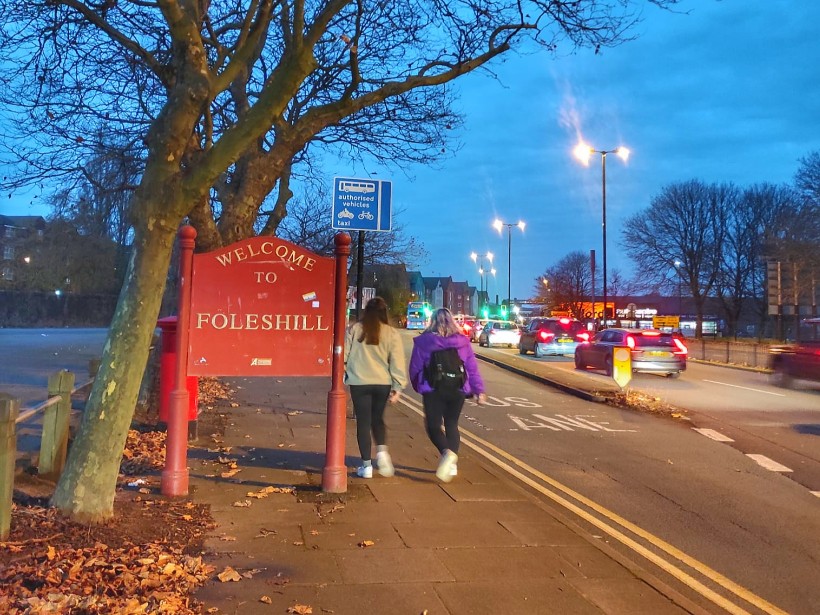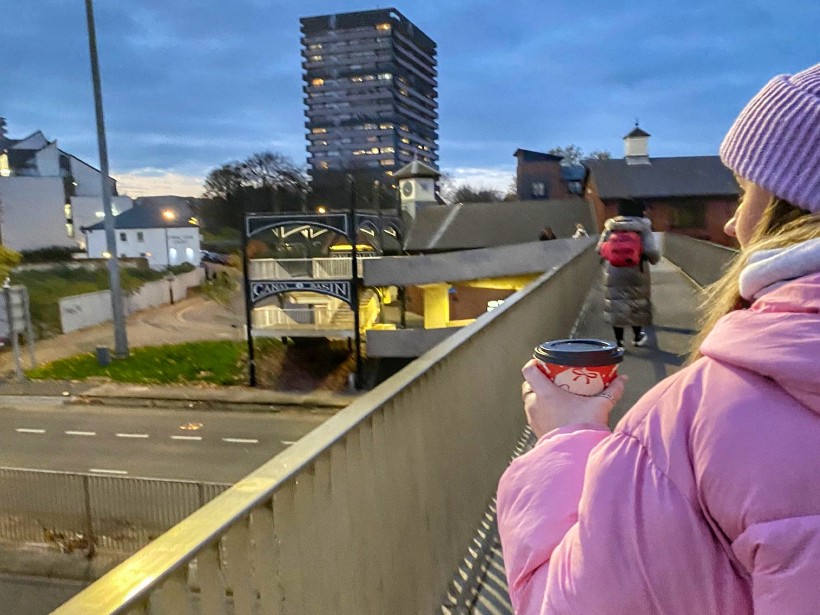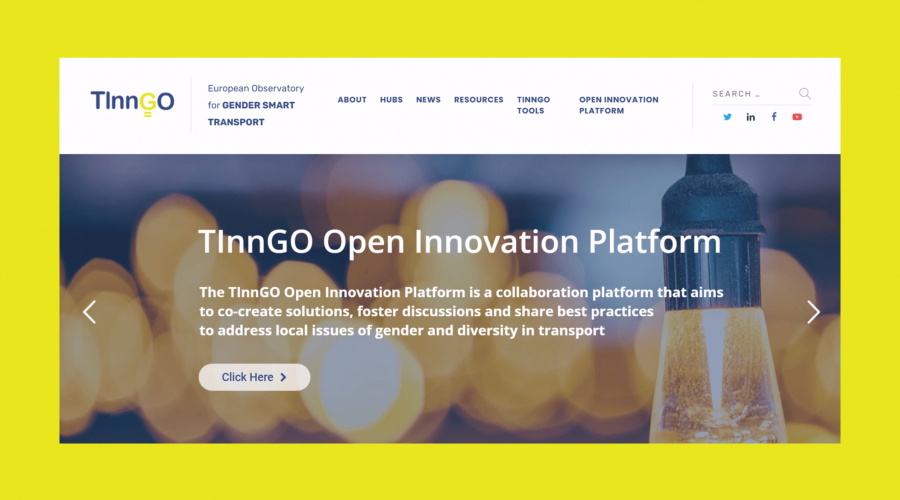Researchers from UK TInnGO Hub collected rich in-depth ethnographic data during walkability audits with female participants in Coventry. Walking audits explored walkability of the city with regards to perception of safety, accessibility, attractiveness, affordability, and sustainability as well as new forms of post-Covid street architecture and micro-mobility systems like e-scooters, e-bikes, docking stations for shared mobility. The data will feed into TInnGO resources on how to address barriers to everyday mobility of women and disadvantaged groups. The report will provide an insight into lived experiences of our citizens and their mobility behaviours. We hope it will help to create inviting walking conditions for everyone by shifting the balance of space in our cities away from cars.

Making cities walkable is vital to improve health, cut climate-heating transport emissions, create more liveable cities, and build stronger local communities and economies. Moreover, it improves perception of safety, which is particularly important for women.





